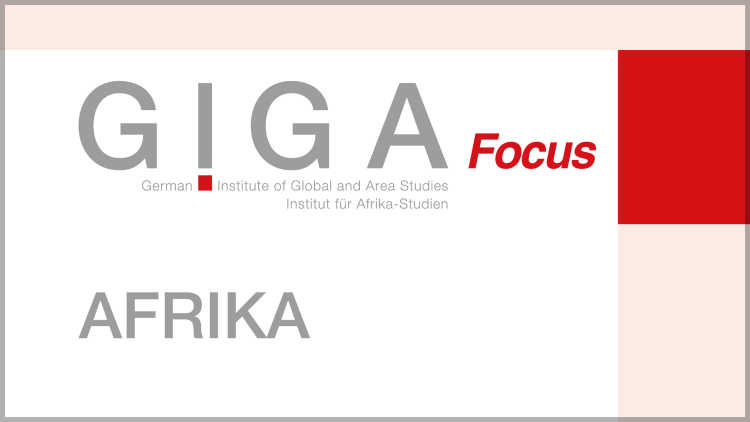- Home
- Publications
- GIGA Focus
- Interim Governments: Short-Lived Institutions for Long-Lasting Peace
GIGA Focus International Edition English
Interim Governments: Short-Lived Institutions for Long-Lasting Peace
Number 9 | 2014 | ISSN: 2196-3940
After the uprising against President Yanukovych, Ukraine’s opposition convened an interim government to pave the way for elections in May 2014. This year also saw interim governments put in place in the Central African Republic and Thailand. Meanwhile, peace talks in South Sudan came to a standstill in October 2014 because parties were unable to agree on the role of the prime minister in an interim government.
Analysis
Interim governments are often installed during peace processes, and policy makers tend to portray them as magic bullets that are capable of resolving all forms of violent conflict and promoting postconflict democracy. Their record, however, is mixed. This is partly because policy makers focus on distributing interim government seats among conflict parties. It is just as vital, though, to ensure that interim governments implement crucial reforms and integrate civil society in decision-making processes.
Postconflict interim governments are set up to organize elections, conduct institutional reforms, and facilitate conflict resolution. They are particularly common in sub-Saharan Africa, where they have been installed after over 60 percent of armed conflicts.
The record shows that power-sharing interim governments, such as in Liberia, and international interim governments, such as in Kosovo, are most successful in advancing peace and democracy.
Among the most vital reforms interim governments need to implement is the integration of the parallel institutions that warring parties maintain during armed conflict. As long as parties retain control over military structures or shadow administrations, they will possess the resources to return to fighting.
How interim governments are perceived by the broader public is also important. Including civil society in decision making, such as when drafting a new electoral law, increases the acceptance of reforms.
Footnotes
Regional Institutes
Research Programmes
How to cite this article
Strasheim, Julia (2014), Interim Governments: Short-Lived Institutions for Long-Lasting Peace, GIGA Focus International Edition English, 9, Hamburg: German Institute for Global and Area Studies (GIGA), http://nbn-resolving.de/urn:nbn:de:0168-ssoar-407238
Imprint
The GIGA Focus is an Open Access publication and can be read on the Internet and downloaded free of charge at www.giga-hamburg.de/en/publications/giga-focus. According to the conditions of the Creative-Commons license Attribution-No Derivative Works 3.0, this publication may be freely duplicated, circulated, and made accessible to the public. The particular conditions include the correct indication of the initial publication as GIGA Focus and no changes in or abbreviation of texts.
The German Institute for Global and Area Studies (GIGA) – Leibniz-Institut für Globale und Regionale Studien in Hamburg publishes the Focus series on Africa, Asia, Latin America, the Middle East and global issues. The GIGA Focus is edited and published by the GIGA. The views and opinions expressed are solely those of the authors and do not necessarily reflect those of the institute. Authors alone are responsible for the content of their articles. GIGA and the authors cannot be held liable for any errors and omissions, or for any consequences arising from the use of the information provided.








